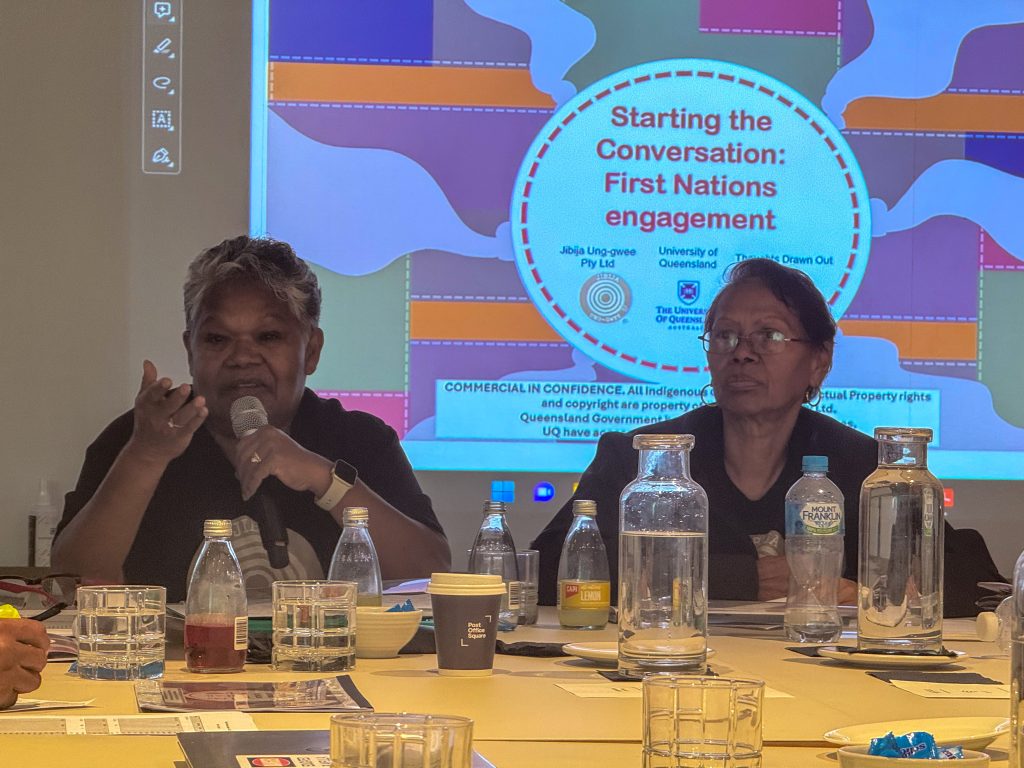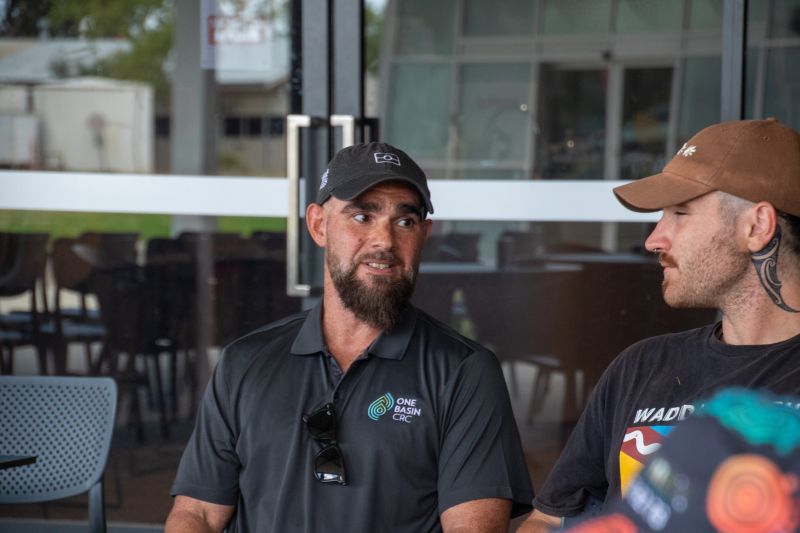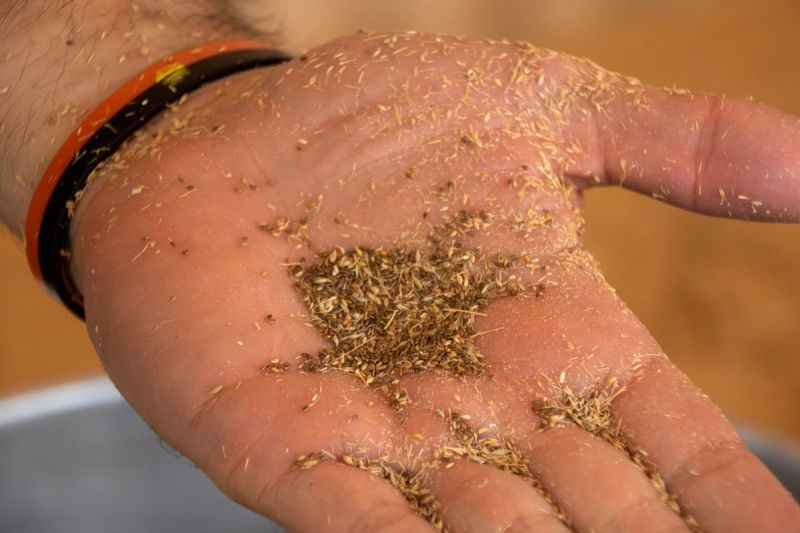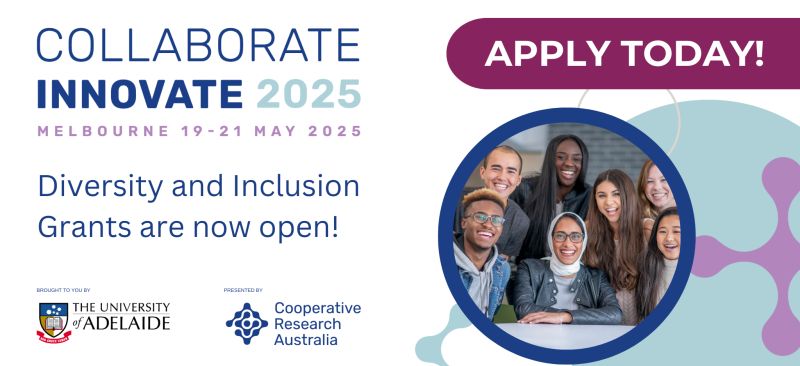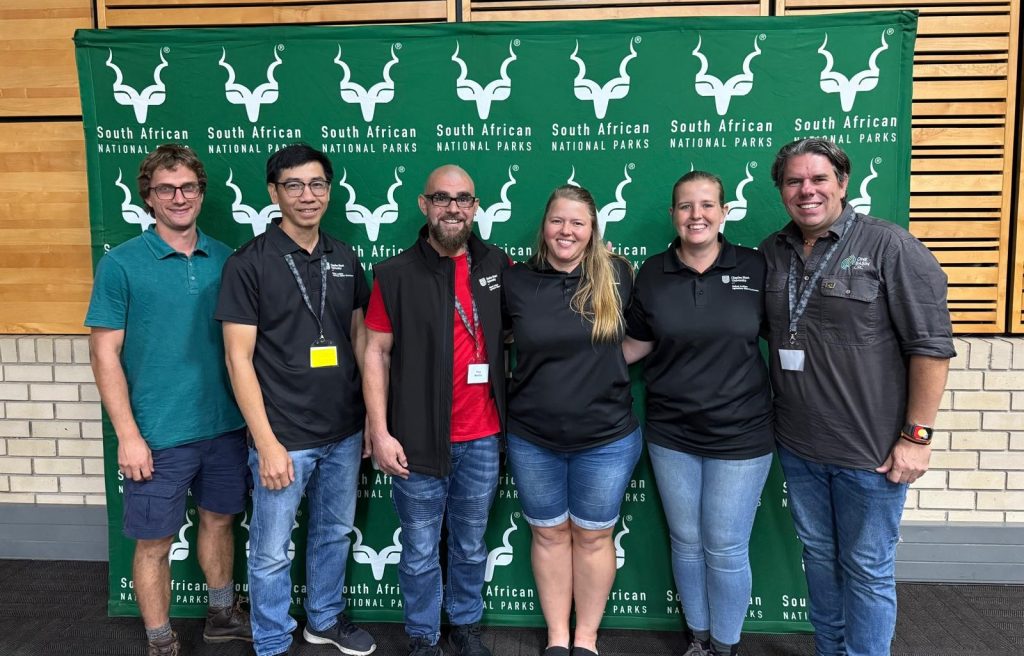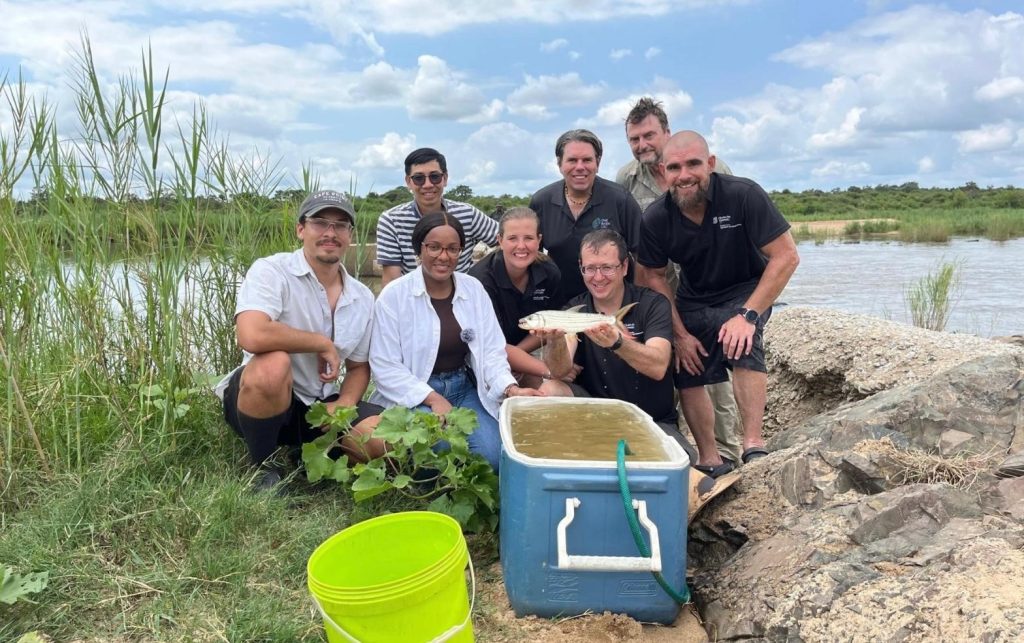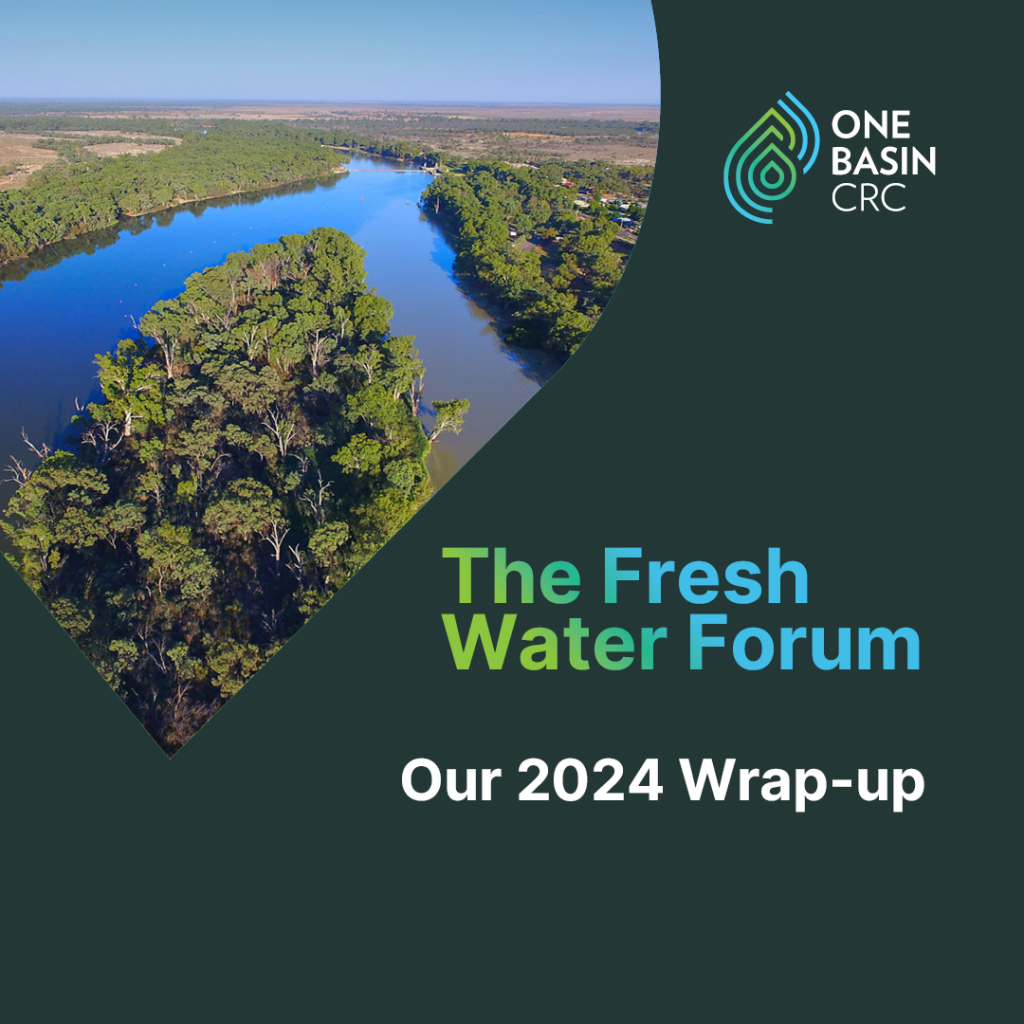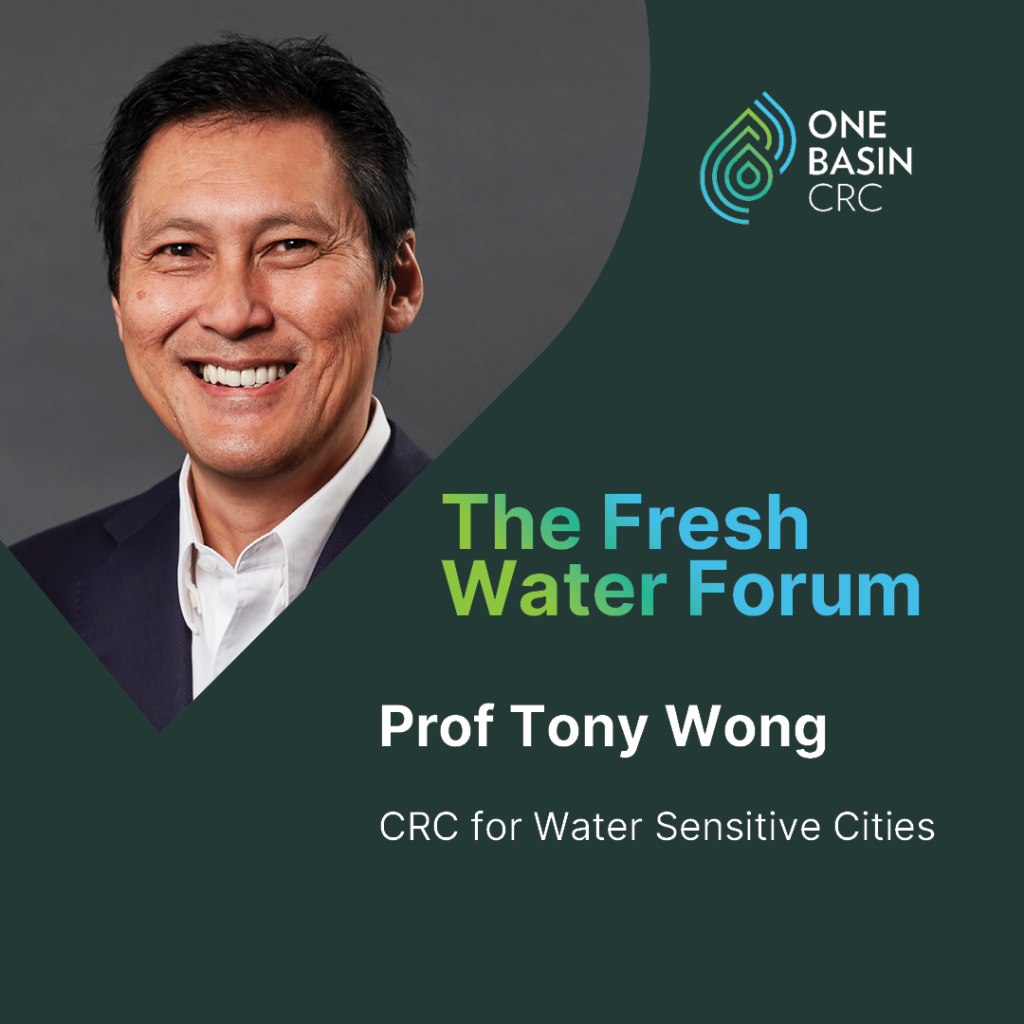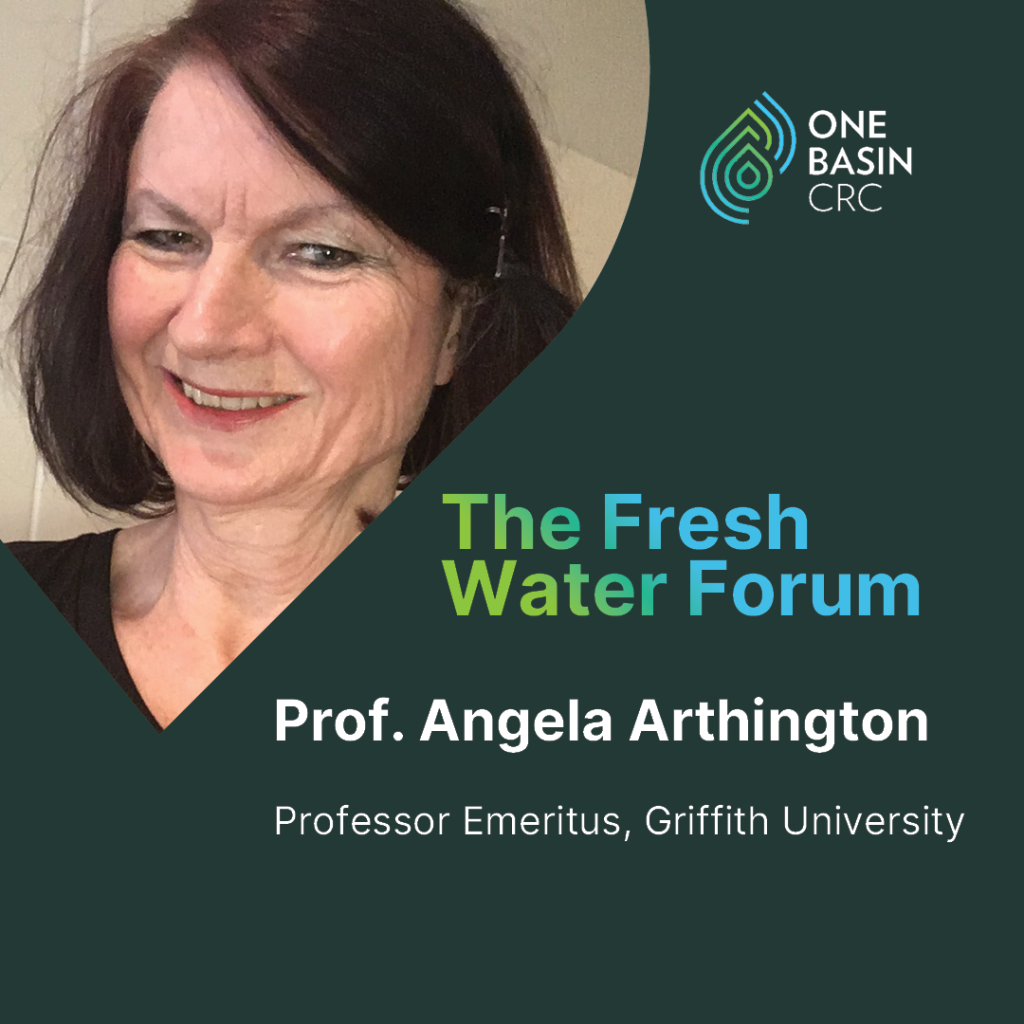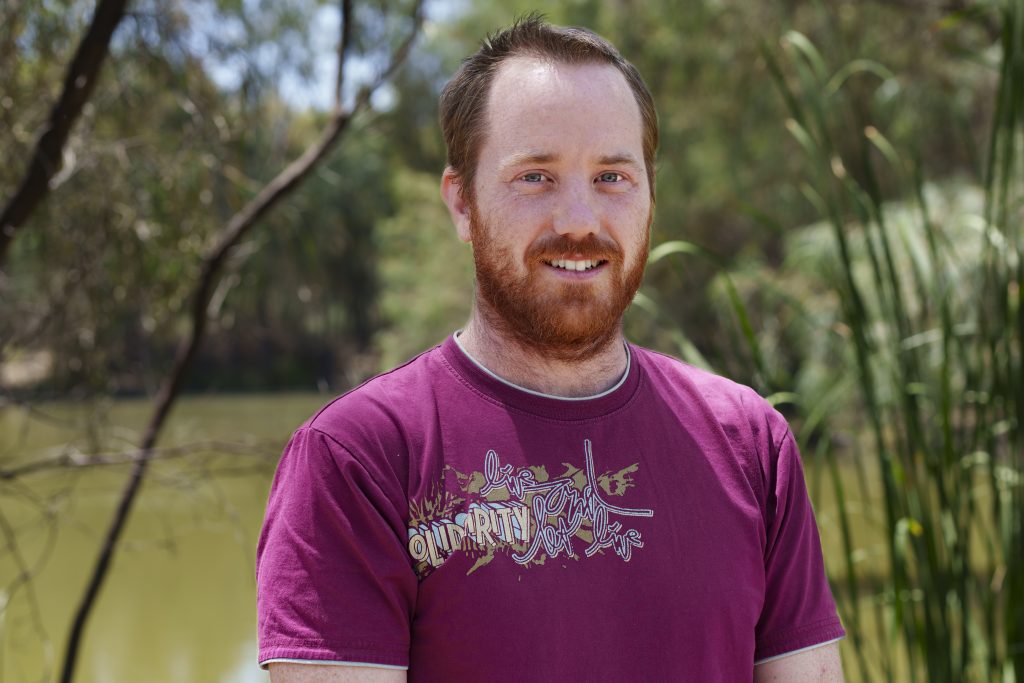Edwina Hayes appointed Chair of One Basin CRC’s Griffith Hub Regional Advisory Committee (RAC)
Respected regional leader appointed to oversee regional committee responsible for driving community outcomes within One Basin CRC projects in the Murray-Darling Basin (Basin).
The One Basin Cooperative Research Centre (CRC) is pleased to announce the appointment of Mrs Edwina Hayes as the new Chair of the Griffith Hub RAC.
The One Basin CRC fosters collaboration between researchers and industry, bringing together more than 85 partners, to address significant scientific and technological challenges in the Basin through research-based, industry-led solutions.
Edwina brings with her decades of experience across regional development, government, agriculture, environmental science, and natural resource management sectors. Most recently, she served as CEO and Director of Regional Development at Regional Development Australia (RDA) Murray for six years, making Edwina the ideal choice to chair One Basin’s RAC for the Griffith Hub.
One Basin’s Griffith Hub is headquartered with Murrumbidgee Irrigation in the Riverina, New South Wales. Incorporating areas of the third and fourth longest rivers in Australia, the hub covers a region with diverse landscapes of significance, from the hills of the Great Dividing Range in the east, out to the plains in the west.
Now in its third year, with a steady stream of projects in the pipeline, Edwina and the Griffith RAC will help to ensure One Basin CRC’s Griffith-based projects deliver tangible impact for the region.
“Edwina’s expertise with regional and rural communities across a breadth of sectors will be of immense value for the Griffith Hub strategy’s next phase,” says Griffith Hub Manager Bernadette Torresan. “She has a holistic understanding of and experiences with the Griffith region’s landholders, industry, consumers, and communities, meaning she is perfectly positioned to drive lasting impacting in the community through collaborative research.”
The One Basin Griffith Hub serves one of the most ecologically and economically diverse areas of the Murray-Darling Basin. The region faces complex challenges ranging from prolonged drought to river health, agricultural productivity, and the sustainability of local communities.
Under Mrs Hayes’ leadership, the Advisory Committee will guide initiatives that balance environmental and community resilience with economic opportunity.
“I’m truly excited to play my role in supporting the connection of the academic research world and our irrigation communities. I’m very grateful for the opportunity to liaise and link university leaders and the One Basin Cooperative Research Centre team with local farmers and community leaders across the NSW Lachlan, Murray and Murrumbidgee – Riverina and Goulburn-Murray Victorian irrigation landscapes,” said Mrs Hayes.
The One Basin CRC continues to build momentum in supporting research and innovation across the Basin. Appointments like Mrs Hayes’ reflect a strong commitment to regional knowledge, collaboration, and delivering outcomes that matter to local people.
“We are extremely thrilled to welcome Edwina to the team and look forward to her contributions in fostering strong partnerships, attracting top talent, and ensuring impactful research outcomes in the region,” says Bernadette Torresan. “Edwina’s appointment is a significant step towards creating a thriving research hub in Griffith.”
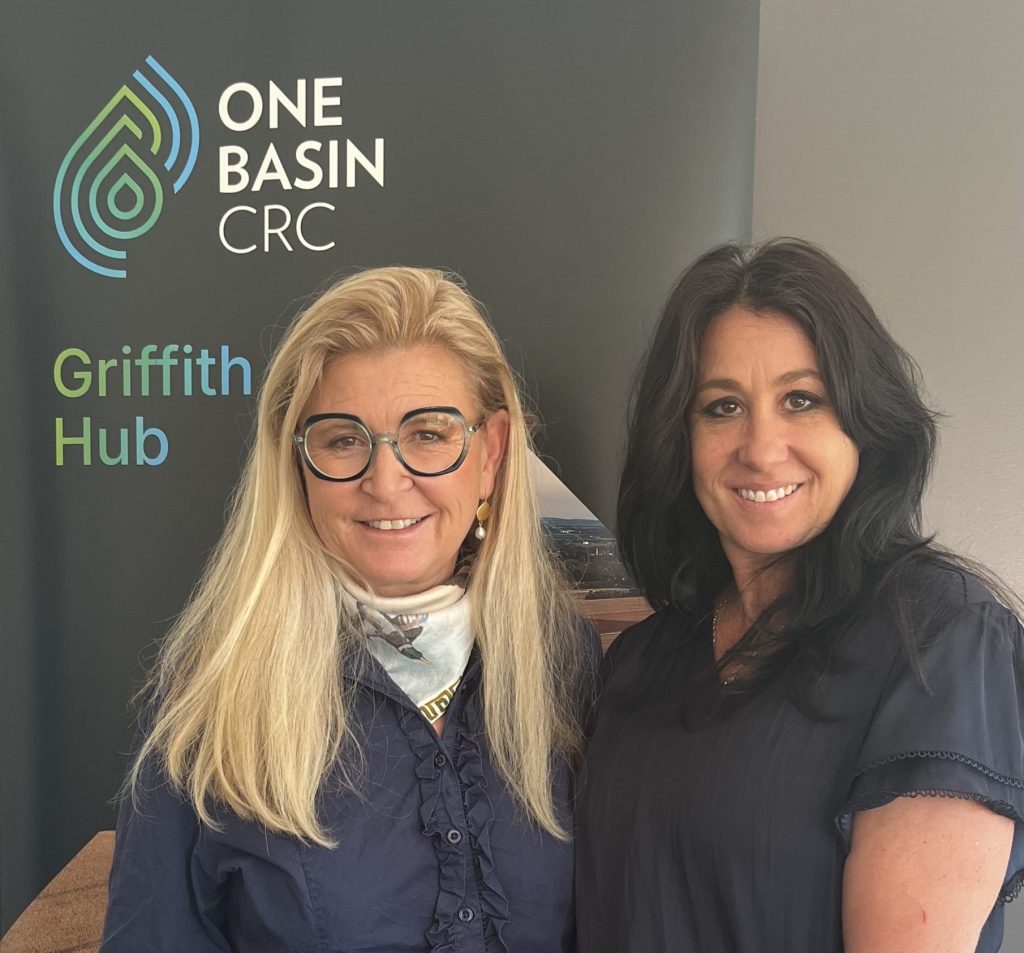
Edwina Hayes (left), with Griffiths Hub Manager Bernadette Torresan (right)
